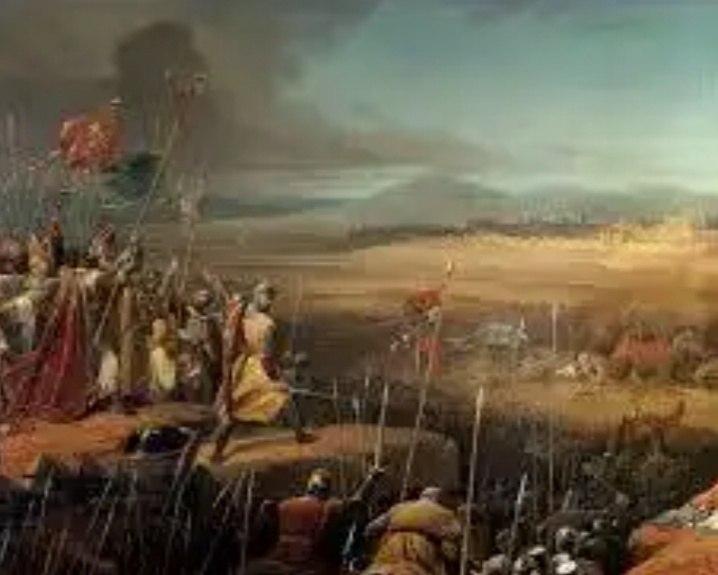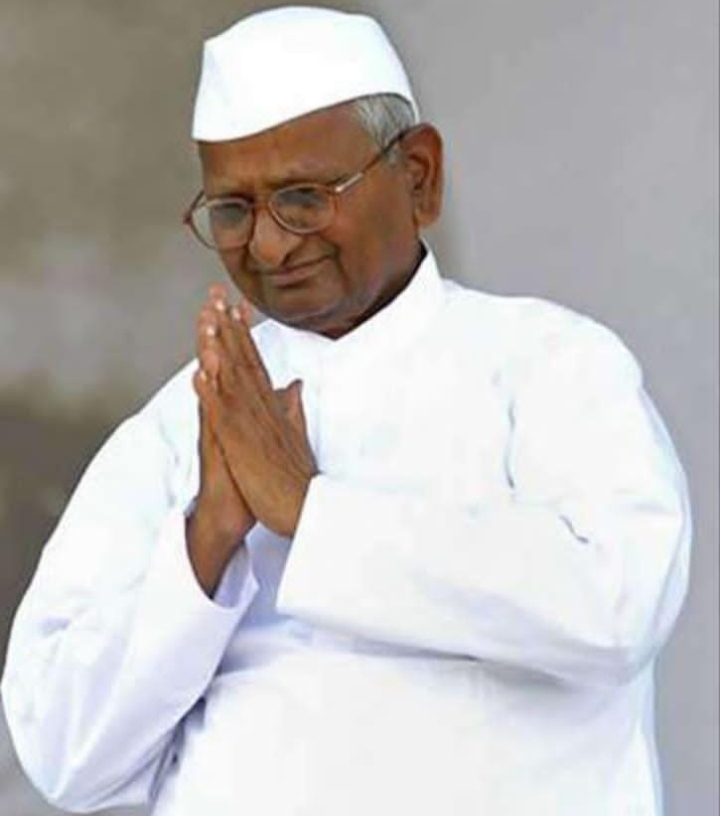A crusader is a person who works hard or campaigns forcefully for a cause. Most crusaders advocate dramatic social or political change. You can call a fierce champion for a cancer cure a crusader, and another kind of crusader could be an activist who works for school reform
The Crusades were a series of religious wars waged by European Christians primarily against Muslims in the Holy Land and surrounding regions, spanning from the 11th to the 13th centuries. These expeditions were driven by religious zeal, a desire to reclaim holy sites from Muslim control, and ambitions for territorial expansion and trade. The Crusades significantly impacted both Europe and the Middle East, leaving a legacy of violence, cultural exchange, and political shifts.
Key Aspects of the Crusades:
Motivations:
The Crusades were fueled by a combination of religious fervor, the desire to protect Christian pilgrims, and the ambition of Western European nobility to expand their influence and acquire wealth in the Middle East.
Religious Significance:
The Holy Land, including Jerusalem, held immense religious significance for Christians, Muslims, and Jews, making it a primary objective for both sides.
Military Expeditions:
Several major Crusade expeditions occurred between 1096 and 1291, varying in size, strength, and success.
The First Crusade:
This expedition, launched in 1096, was relatively successful, establishing Christian Crusader States along the Mediterranean coast.
Crusader States:
These Christian-ruled territories in the Holy Land were established after the First Crusade and lasted for a century or so.
The Impact:
The Crusades had a lasting impact on both Europe and the Middle East. In Europe, they strengthened the power of the Papacy and the Church, while in the Middle East, they exacerbated existing tensions and contributed to the rise of new empires.
Legacy:
The Crusades left a legacy of violence, cultural exchange, and political shifts in both regions, shaping religious and political landscapes for centuries to come.
He Crusaders were defeated by the Ayyubid forces under the command of Saladin, a Muslim ruler from Egypt and Syria, particularly at the Battle of Hattin in 1187. This victory led to the recapture of Jerusalem and other Crusader-held cities, marking a turning point in the Crusades.
Key points about Saladin and the defeat of the Crusaders:
Battle of Hattin:
Saladin’s decisive victory at the Battle of Hattin in 1187 resulted in the capture of Jerusalem and significant losses for the Crusader forces.
Ayyubid Dynasty:
Saladin was the founder of the Ayyubid dynasty, which ruled Egypt and Syria and played a crucial role in the Crusades.
Recapture of Jerusalem:
Saladin’s victory in 1187 led to the recapture of Jerusalem, which was a significant religious and strategic loss for the Crusaders.
End of Crusader Kingdom of Jerusalem:
While the Crusader Kingdom of Jerusalem continued for a while, the defeat at Hattin was a major blow, and the kingdom eventually collapsed.
Saladin also engaged in a truce with Richard I of England (Richard the Lionheart) after the Battle of Jaffa in 1192, allowing Christian pilgrims access to Jerusalem and securing a portion of the coastline for the Crusaders.
Crusader// The Crusader Kingdom of Jerusalem continued for a while, the defeat at Hattin was a major blow, and the kingdom eventually collapsed,Spanning from the 11th to the 13th centuries












Leave a Reply